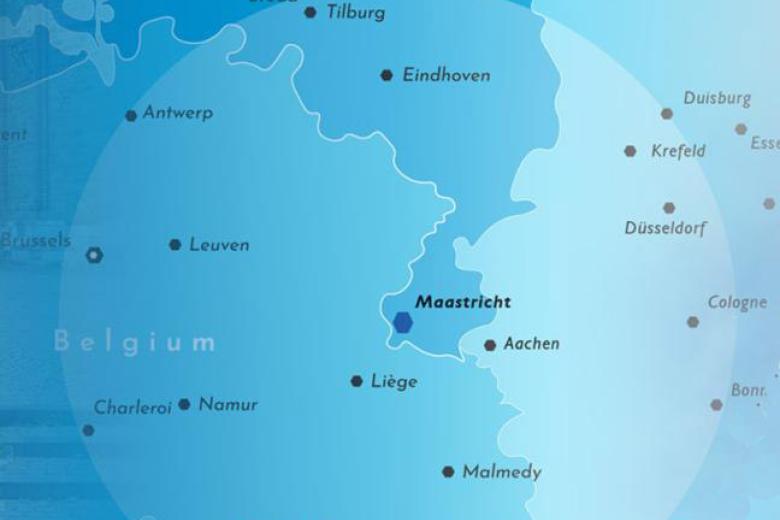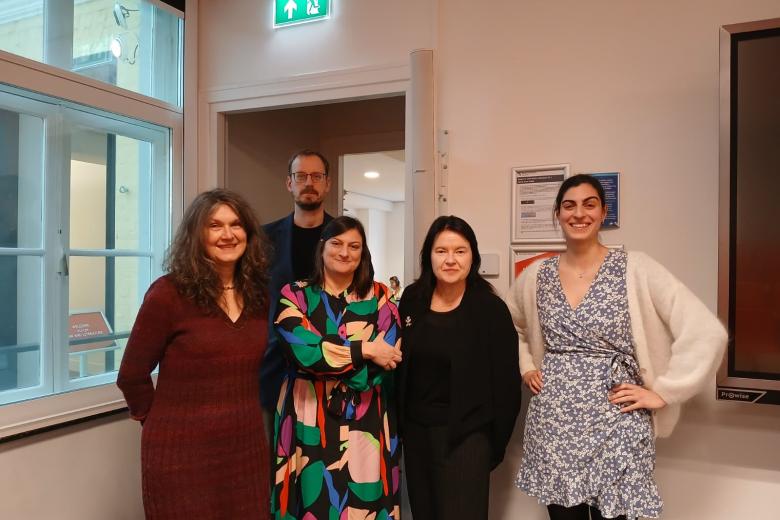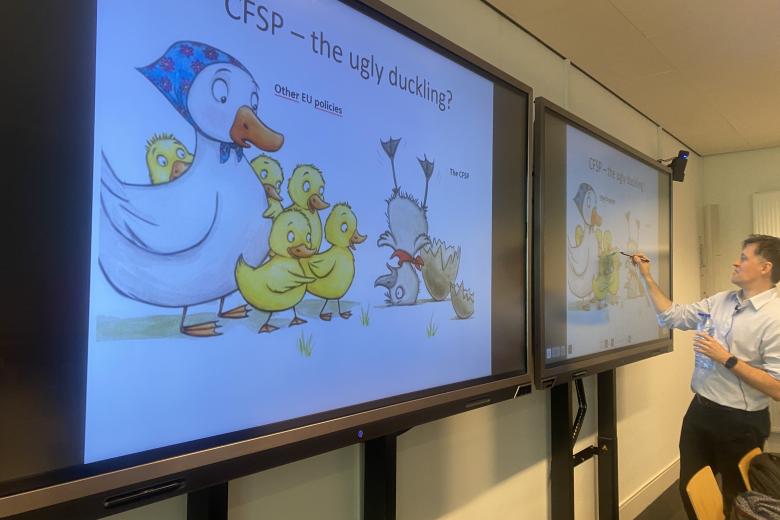Launch "Entrepreneurial thinking for female researchers"
The project ‘Entrepreneurial Thinking for Female Researchers’, led by Dr. Dorina Baltag, was launched on Wednesday 27 February. This event took the form of a panel discussion where speakers shared their knowledge and personal experiences on the issue of dealing with uncertainty that early-career researchers face when they want to enter the labour market.
Prof. dr. Sophie Vanhoonacker (Dean of FASoS) raised the issue of the gender gap on the academic labour market based on the numbers from the report of the ‘Monitor Vrouwelijke Hoogleraren’, that shows more male rather than female professors in Dutch universities. One of the solutions to address this gap shared by prof. Vanhoonacker comes from her experience at Maastricht University, where she has encountered a positive development at FASoS in creation of policies for women. She also talked about the important role for early-career researchers to develop employability competencies and identifying research skills that are transferable in the policy world and the non-academic job market more generally.
Developing transferable skills comes in parallel to forward-thinking and networking as early as possible in the career, according to Ms. Katinka Bastin, Head of the Staff Career Centre at Maastricht University. Ms. Bastin advised the female researchers to start managing their career track as soon as possible. This, in turn, could reduce the degree of uncertainty that they face.
What is important to remember when relating the transferable research skills to the needs of the labour market, is the role of personal branding, as emphasized by Mr. Oliver Olson, Senior Lecturer of Marketing & Strategy at the Maastricht School of Management. According to him, branding is becoming more of a requirement for anyone interested in taking their career to the next level. The same stands true when presenting research findings. As Mr. Jan-Martin Ahrendt, project manager at Holland Expat Center South, shared – a good pitch is quintessential as it helps relate research results to a broader audience and provide researchers with a competitive advantage.
Dr. Baltag, the project coordinator, explained that the activities of this grant have been designed to address the needs of the researchers and to help them develop strategies of identifying opportunities for female researchers to integrate into the marketplace.
The first series of workshops on ‘Transferable Research Skills’, designed together with the project partner Ms. Adina Petre, owner of Insights (local coaching company in Maastricht), will take place on Wednesday 13 and 20 March.
All UM early-career researchers who are interested to take part in the workshops are requested to fill-in the online form before Tuesday 12 March. Please be informed that the workshop has limited availability.
Also read
-
DigiMach places Meuse-Rhine Euroregion at the heart of industrial digitalisation
DigiMach (Digital Machining) is a new cross-border project uniting Belgium, Germany, and the Netherlands around a common goal: accelerating the digitalisation of the machining industry in the Meuse-Rhine Euroregion.
-
Globalisation & Law Network seminar with Áine Ryall
On 24 November 2025, the Globalisation & Law Network, together with the Institute for Globalisation and International Regulation (IGIR) held the seminar with Professor Áine Ryall.
-
Guest Lecture: Lóránt Havas explores current challenges in the EU’s CFSP
Lóránt Havas delivered a guest lecture on the EU’s evolving CFSP, discussing key legal developments, institutional challenges, and new defence instruments.